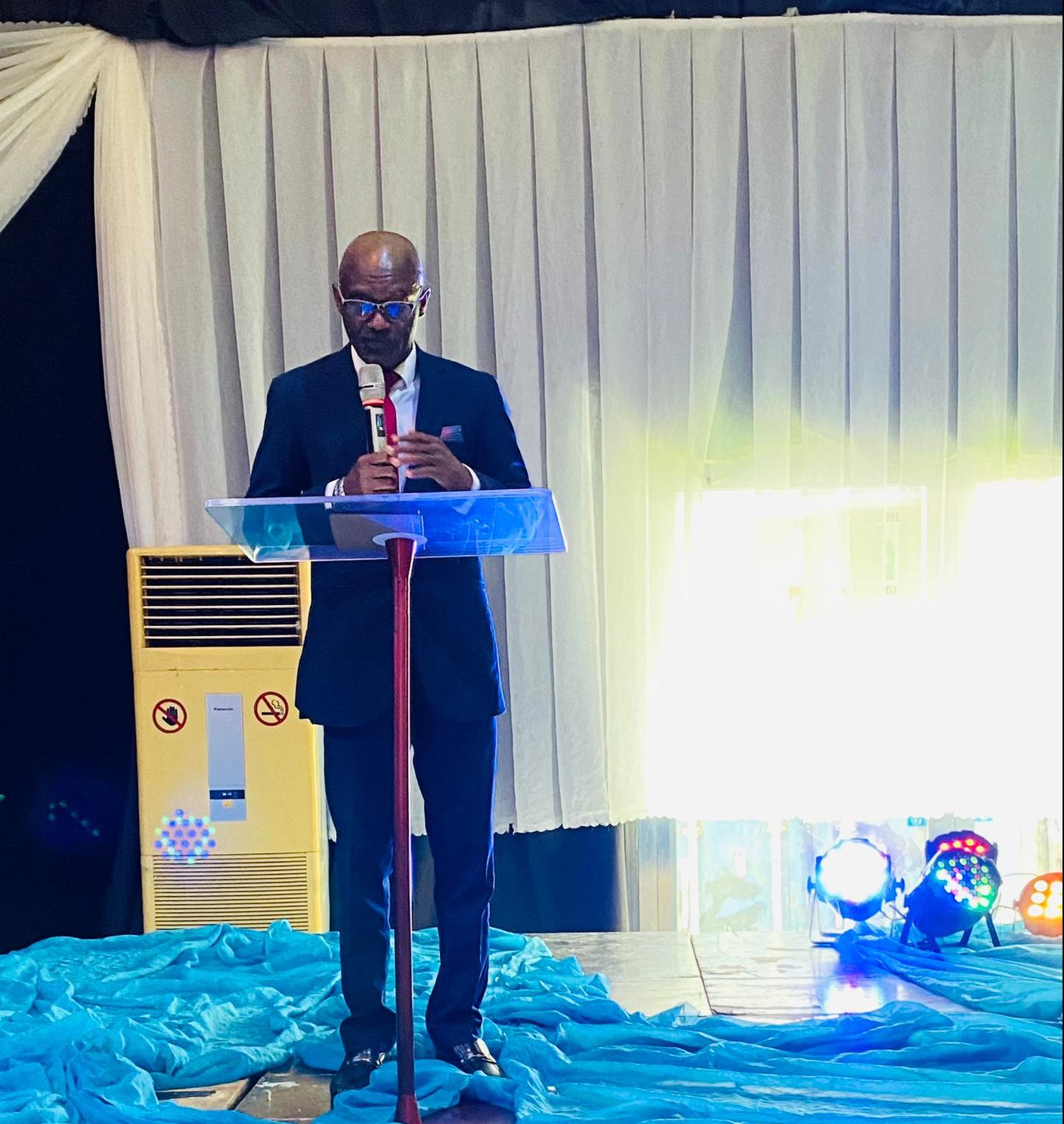…offers insights for improved justice and security systems in Nigeria
The Chairman of the Independent Corrupt Practices and Other Related Offences Commission (ICPC), Dr. Musa Adamu Aliyu, SAN has been conferred with the excellent leadership award in Anti-Graft campaign.
The award was presented to the ICPC’s Boss on Thursday in Lagos at the 2024 Annual Lecture and Award Ceremony organized by the Crime Reporters Association of Nigeria (CRAN).
According to the organizers of the event, Dr. Aliyu was recognised on account of his exemplary performance in the fight against corruption in Nigeria.
The ICPC Chairman, who was represented at the event by the Spokesperson of the Commission, Mr. Demola Bakare, also presented a keynote address which centered on the justice system and security challenges in Nigeria.
In his paper titled “Justice System Administration and Insecurity in Nigeria: Challenges, Opportunities, and Solutions”, Dr. Aliyu dissected the multifaceted issues plaguing Nigeria’s justice system and its interconnectedness with the country’s persistent insecurity challenges.
According to him, the myriad of obstacles undermining the effectiveness of Nigeria’s justice system, included insufficient funding, outdated infrastructure, and inadequate technological adoption.
He stressed further that corruption, encompassing bribery and influence peddling, emerged as a major hurdle adding that these systemic inefficiencies hinder timely justice delivery, perpetuating frustration and disillusionment among citizens.
He said, “I dare say that the justice sector remains a focal point of concern, particularly regarding bribery involving stakeholders in the justice sector, and despite limited public contact, judicial officials exhibit relatively high bribery prevalence, hence the need for targeted anti-corruption measures in this sector.”
Other challenges identified in the justice system by the Chairman included; poor record-keeping and limited use of technology like electronic filing, over crowded and poorly maintained prisons, inadequate human resources, with shortages of judges and low salaries for judicial officers.
He decried that despite the introduction of the Administration of Criminal Justice Act (ACJA) in 2015, its implementation remains inconsistent, with a lack of functional criminal records and slow reforms.
He however proposed the adoption of digital technologies for court processes, upgrading of court infrastructure and provision of continuous training for judicial officers as some of the needed reforms that will impact positively in Nigeria’s justice system.
Dr. Aliyu also called for a comprehensive reform to align laws with international standards as well as the strengthening of oversight bodies like the National Judicial Council (NJC) and Judicial Service Commission (JSC).
On the challenges of insecurity in Nigeria, Dr. Aliyu said the Boko Haram insurgency, organized crime, farmer-herder conflicts, militant separatism, and rampant kidnappings have not only destabilized communities but also overwhelm the justice system, exacerbating delays and inefficiencies.
He underscored ICPC’s pivotal role in combating corruption through behavioral change initiatives like System Study and Review and Ethics and Integrity Compliance Scorecards, just as he advocated for increased public engagement and strategic communication to counter misinformation about the justice and security sectors.


